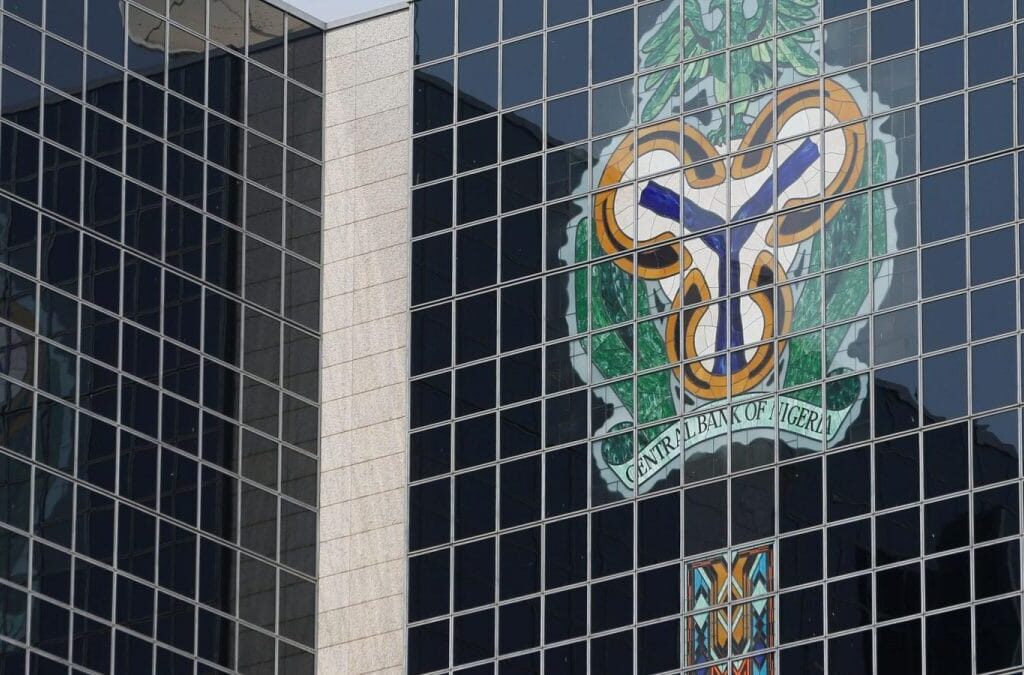
Nigeria’s external reserves fell by $520.22 million in five weeks, figures from the Central Bank of Nigeria revealed.
According to CBN’s data on movement in reserves, the figures which was $33.396 billion as of October 31, 2023, fell to $33.004 billion as of December 7, 2023.
The CBN had earlier revealed that the reserves, which commenced January 3, 2023, at $37.07bn, fell to $33.237bn as of September 29, 2023.
Recall that speaking recently at the Chartered Institute of Bankers of Nigeria’s 58th Annual Bankers’ Dinner and Grand Finale of the Institute’s 60th anniversary in Lagos, the Governor, CBN, Olayemi Cardoso, said, in recent years, the continuous decline in Nigeria’s crude oil production had further weakened the already inadequate economic diversification.
He said that high inflation had affected asset quality and solvency ratios within the banking system.
Additionally, the persistent naira depreciation poses a significant risk for domestic banks with foreign exchange exposures, Cardoso said.
However, he added, “The removal of petrol subsidy and the adoption of a floating exchange rate, among other government policies, are anticipated to affect the economy in the medium term positively.
“These measures are expected to enhance investor confidence, attract capital inflows, stimulate domestic investment, and ultimately improve the level of external reserves.”
DAILY POST reports that a former governor of CBN, Lamido Sanusi, had said the Nigerian National Petroleum Company should be held responsible for the continued foreign exchange crisis because its earnings from crude oil sales have been opaque.


